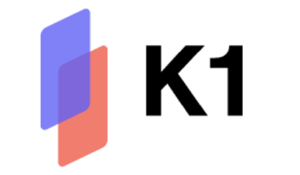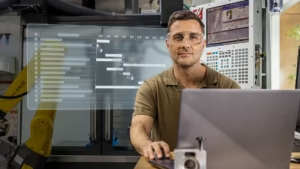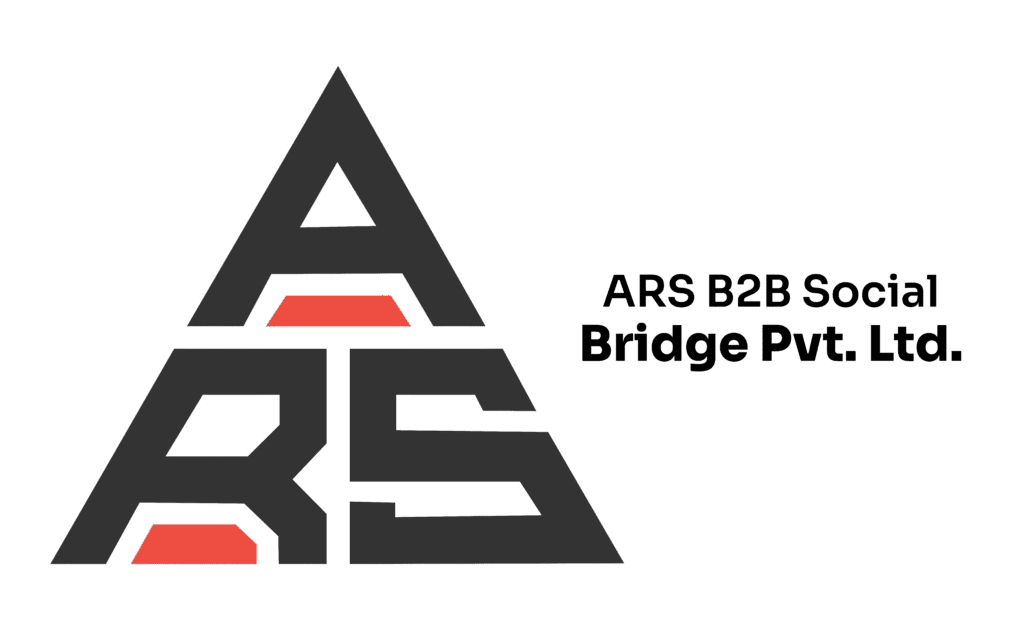The Rise of IoT: Transforming Everyday Life Through Smart Technology
What Is IoT and Why It Matters
The Internet of Things (IoT) refers to a vast network of connected devices that communicate, collect, and exchange data in real-time. These devices range from smartphones and smart TVs to wearables, vehicles, and home appliances.
In short, IoT is transforming how we live, work, and interact with the world around us. It enables automation, improves efficiency, enhances user experiences, and offers limitless opportunities for innovation in almost every industry.

Example: You can schedule your coffee maker to start brewing when your morning alarm rings — all thanks to IoT.
IoT in Everyday Life — Smarter Homes and Living
One of the most noticeable impacts of IoT is in our homes. Smart home devices have become mainstream and are revolutionizing modern living.
🔹 Common IoT Devices in Homes:
Smart thermostats (e.g., Nest, Ecobee) to optimize temperature control
Voice assistants (Amazon Alexa, Google Assistant) to automate daily tasks
Smart lighting systems that adjust based on time or motion
Security systems with live surveillance and remote alerts
These devices learn our habits, save energy, and provide comfort and convenience like never before.
IoT in Transportation — The Era of Smart Mobility
IoT is also revolutionizing how we move. Connected vehicles and smart transportation systems are becoming essential parts of our cities.
🚘 Key Applications:
Connected cars with real-time traffic and hazard alerts
Fleet tracking systems for logistics optimization
Smart parking solutions that locate open spots in real time
Public transport integration with mobile apps for real-time arrivals
These technologies make travel faster, safer, and more efficient, both for individuals and businesses.

IoT in Healthcare — Saving Lives With Data

The healthcare industry is one of the biggest beneficiaries of IoT innovation. Known as the Internet of Medical Things (IoMT), these devices are helping doctors monitor patients, improve diagnoses, and even save lives.
💡 IoT in Healthcare Includes:
Wearables like fitness bands and heart rate monitors
Smart insulin pens, inhalers, and medication dispensers
Remote patient monitoring (RPM) systems
Hospital asset tracking and smart bed management
IoT helps provide real-time insights into patient health, reduces hospital visits, and improves patient care.
Did You Know? IoT-enabled pacemakers can send live data to doctors, helping them respond before a cardiac issue becomes critical.
Industrial IoT (IIoT) — Powering Smart Factories

Use Cases of Industrial IoT:
Real-time machine monitoring and predictive maintenance
Smart energy management and consumption tracking
Supply chain automation and logistics optimization
Worker safety through wearables and sensors
IIoT allows businesses to reduce downtime, improve productivity, and make smarter operational decisions.




